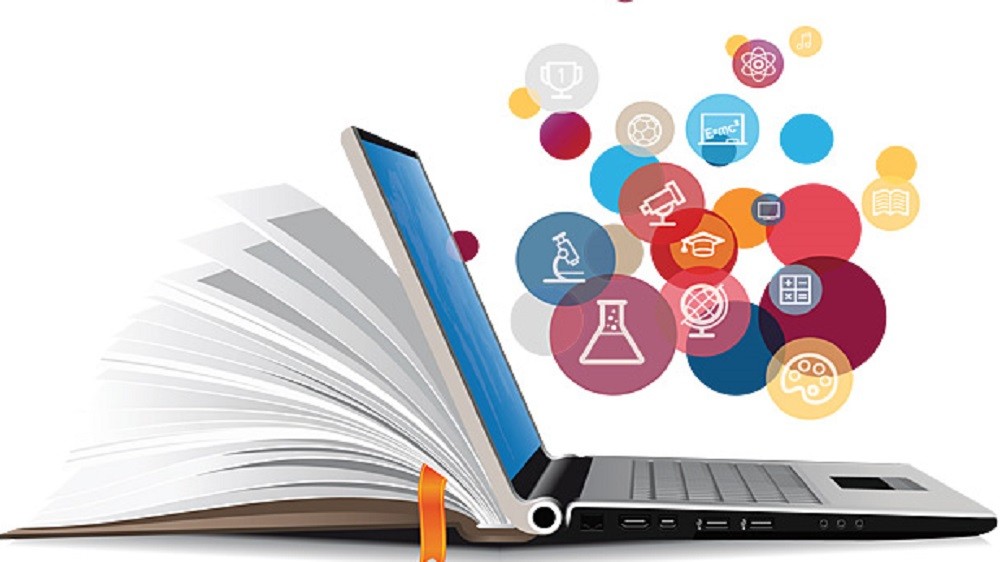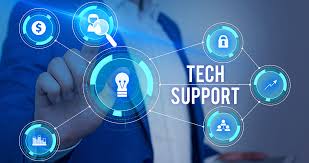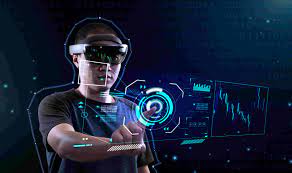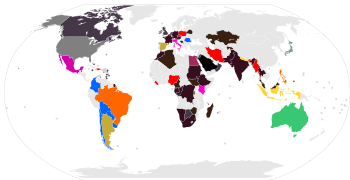How to develop Digital literacy and technological skills
Enhancing your digital literacy and technological skills is a lifelong journey, and the rewards are well worth the effort.
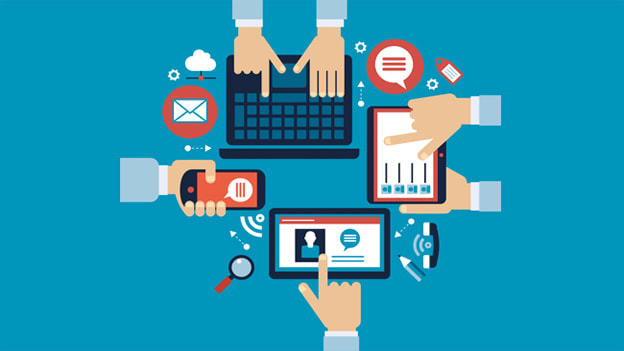
In our rapidly evolving digital world, digital literacy and technological skills have become essential competencies for individuals of all ages and professions.
Whether you're a student, a professional, or a retiree, the ability to navigate and utilize technology effectively can significantly enhance your personal and professional life.
In this blog post, we'll explore the importance of digital literacy and technological skills and provide actionable tips on how to improve them.
Understanding Digital Literacy and Technological Skills
Before delving into ways to enhance digital literacy and technological skills, let's clarify what these terms mean:
Digital Literacy:
Digital literacy encompasses a range of skills and knowledge related to using digital devices, software, and the internet. It includes the ability to search for information online, evaluate the credibility of online sources, communicate effectively through digital channels, and protect oneself from online threats. Digital literacy is fundamental in today's information-driven society.
Technological Skills:
Technological skills refer to the ability to use specific technologies or software applications effectively. These skills can range from basic tasks like word processing and email management to more advanced skills such as programming, data analysis, and digital marketing. Developing technological skills can significantly boost your employability and open up new career opportunities.
Why Digital Literacy and Technological Skills Matter
In our increasingly interconnected world, digital literacy and technological skills are no longer optional; they are prerequisites for success in various aspects of life. Here are some compelling reasons why these skills matter:
1. Employability:
Many jobs today require at least basic digital literacy skills. Whether you're in healthcare, finance, marketing, or any other field, knowing how to use digital tools and software is often a job requirement. Moreover, as automation and AI continue to advance, tech skills are becoming even more valuable.
2. Communication and Collaboration:
Digital literacy enables effective communication and collaboration in both personal and professional settings. From video conferencing and email to social media and project management tools, being digitally literate ensures you can engage with others efficiently.
3. Lifelong Learning:
As technology evolves, so too must our skills. Digital literacy and technological skills are critical for continuous learning and adaptation. Whether you want to upskill for career advancement or simply stay updated with the latest tech trends, these skills are essential.
4. Critical Thinking and Problem-Solving:
Digital literacy encourages critical thinking by teaching individuals to evaluate the reliability of online information, spot fake news, and discern credible sources. Additionally, technological skills enable problem-solving by allowing you to leverage technology to address complex issues.
5. Personal Empowerment:
Digital literacy empowers individuals to access information, express themselves online, and engage with global communities. It opens doors to new experiences, from online courses and remote work opportunities to networking and social activism.
How to Improve Digital Literacy and Technological Skills
Now that we understand the significance of digital literacy and technological skills, let's explore practical ways to enhance these competencies:
1. Start with the Basics:
If you're new to digital technology, start by mastering the fundamentals. Learn how to use a computer, navigate the internet, and manage your email. Familiarize yourself with common software applications like word processors, spreadsheets, and presentation software.
2. Online Courses and Tutorials:
The internet is a treasure trove of educational resources. Platforms like Coursera, edX, Khan Academy, and YouTube offer a wide range of courses and tutorials on digital literacy and various technological skills. Find courses that match your interests and skill level.
3. Coding and Programming:
Coding is an increasingly valuable skill. Learning programming languages like Python, JavaScript, or Java can open doors to careers in web development, data analysis, and software engineering. Many online platforms offer interactive coding exercises and projects to help you get started.
4. Stay Informed:
Stay updated with the latest tech trends and news by following tech blogs, podcasts, and news websites. Understanding emerging technologies like artificial intelligence, blockchain, and virtual reality can give you a competitive edge in the job market.
5. Practice Safe Internet Use:
Digital literacy also involves understanding online security and privacy. Learn how to create strong passwords, recognize phishing attempts, and protect your personal information online. Cybersecurity is a critical aspect of digital literacy.
6. Social Media and Online Etiquette:
If you use social media, learn about online etiquette and digital citizenship. Be mindful of what you post and share, and respect others' privacy and opinions in online discussions.
7. Join Online Communities:
Participating in online communities related to your interests or profession can be a great way to learn from others. Forums, discussion groups, and social media platforms offer opportunities to ask questions, share knowledge, and collaborate with like-minded individuals.
8. Volunteer or Freelance:
Consider volunteering your digital skills for local nonprofits or taking on freelance projects. Practical experience can reinforce your skills and provide real-world examples for your resume.
9. Mentorship:
If possible, seek out a mentor who is experienced in the area you want to improve. A mentor can provide guidance, share insights, and help you navigate the complexities of the digital landscape.
10. Stay Curious:
Finally, remember that the digital world is ever-changing. Cultivate a curious mindset and embrace lifelong learning. Don't be afraid to explore new technologies and continuously seek opportunities to expand your digital literacy and technological skills.
In today's digital age, digital literacy and technological skills are indispensable. Whether you're looking to enhance your career prospects, communicate effectively, or simply stay connected in an increasingly digital world, investing in these skills is a wise choice.
By starting with the basics, seeking out online resources, and staying curious, you can empower yourself to thrive in the digital landscape and unlock new opportunities for personal and professional growth. So, don't wait?start your journey towards improved digital literacy and technological prowess today!
What's Your Reaction?








